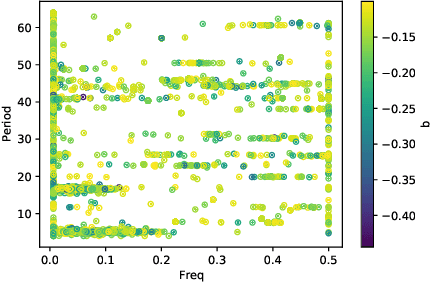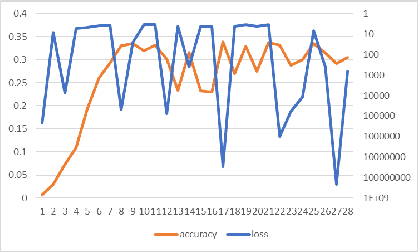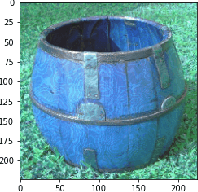Perlin Noise Improve Adversarial Robustness
Paper and Code
Dec 26, 2021



Adversarial examples are some special input that can perturb the output of a deep neural network, in order to make produce intentional errors in the learning algorithms in the production environment. Most of the present methods for generating adversarial examples require gradient information. Even universal perturbations that are not relevant to the generative model rely to some extent on gradient information. Procedural noise adversarial examples is a new way of adversarial example generation, which uses computer graphics noise to generate universal adversarial perturbations quickly while not relying on gradient information. Combined with the defensive idea of adversarial training, we use Perlin noise to train the neural network to obtain a model that can defend against procedural noise adversarial examples. In combination with the use of model fine-tuning methods based on pre-trained models, we obtain faster training as well as higher accuracy. Our study shows that procedural noise adversarial examples are defensible, but why procedural noise can generate adversarial examples and how to defend against other kinds of procedural noise adversarial examples that may emerge in the future remain to be investigated.
 Add to Chrome
Add to Chrome Add to Firefox
Add to Firefox Add to Edge
Add to Edge